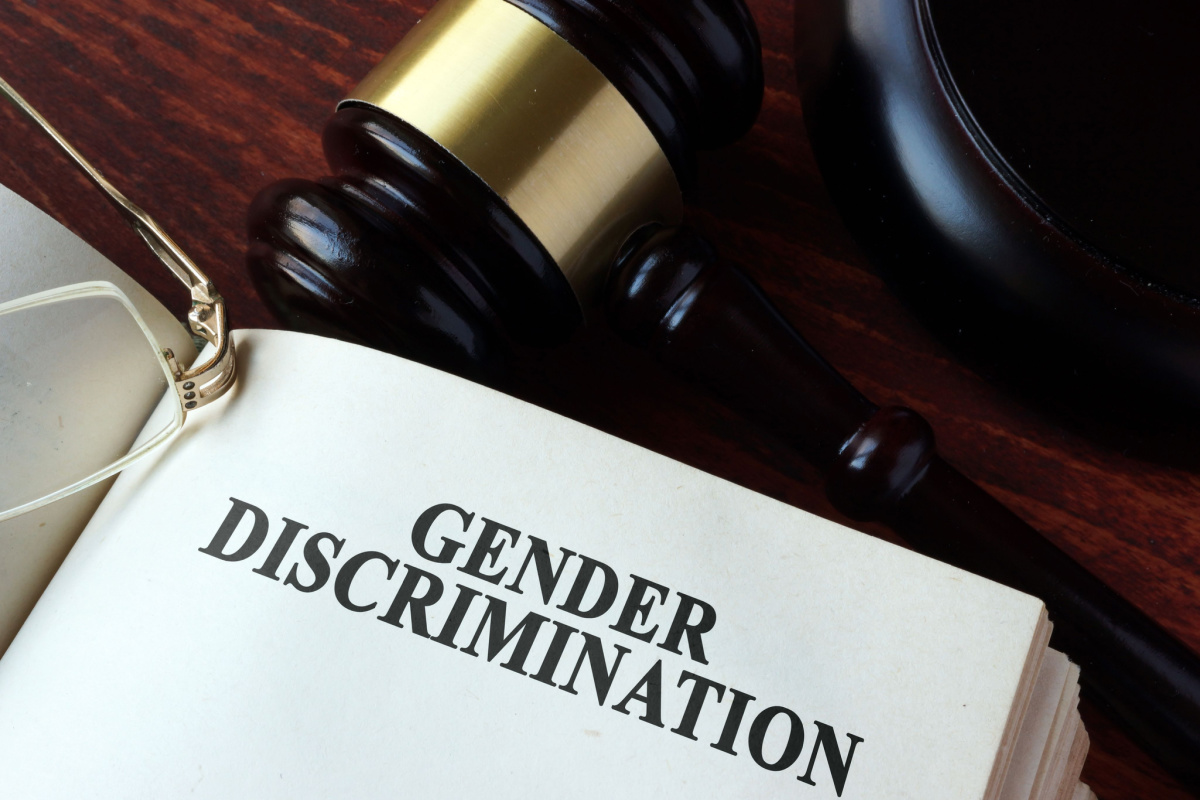Nike and Gender Discrimination – What to Know

When it comes to gender discrimination, some are saying Nike just did it. The biggest sports apparel brand in the world is facing a class action gender discrimination lawsuit. It is alleged that Nike did not provide the same opportunities to women as are provided to men and tolerated discriminatory practices.
In addition to compensation, present and former female employees are asking the court to monitor Nike’s hiring and compensation practices to ensure future legal compliance. If the court grants the requested relief, it could set a precedent marking a significant advancement for enforcing gender equality in the workplace.
What Triggered the Lawsuit Against Nike?
In 2018, some female employees at Nike’s corporate offices in Beaverton, OR, took it upon themselves to make known the disparate and illegal treatment they had been receiving for some time while working within the Nike organization. The women had previously experienced and reported numerous incidents of unequal treatment and harassment by male co-workers but their complaints had been generally ignored by the company.
The female employees conducted an informal survey among themselves to find out whether there had been experiences with discrimination and the outcome of those experiences. The results of the survey were presented to then-Nike CEO Mark Parker. The information presented to the CEO resulted in the immediate departure of at least six of Nike’s top male executives, including the man thought to be the likely successor as CEO.
As more information became known, The New York Times interviewed at least 50 women who were current or former Nike employees. The women described a corporate culture where women were ignored, demeaned, or harassed and routinely passed over for promotion.
In August 2018, former Nike employees Kelly Cahill and Sara Johnston filed a class action lawsuit against Nike on behalf of 500 women who are claiming discrimination on the basis of sex. The allegations include unfair pay, lack of opportunity for advancement, and tolerated sexual harassment. At this time there has been no resolution of the issues raised in the lawsuit.
Laws Prohibiting Gender Discrimination by Employers

Gender or sex discrimination is prohibited by both federal and state laws. Treating a person unfavorably for a reason relating to gender or sex is prohibited in any employment context for employers of 20 or more employees. The right of men and women to receive equal pay for equal work at the same establishment is guaranteed by the federal Equal Pay Act. Only legitimate pay differences based on seniority, merit, or incentive are legally allowed.
The employment discrimination laws in California provide even greater protections for employees. The state’s laws apply to employers with 5 or more employees. California’s Equal Pay Act prohibits employers from basing wage differences on race or ethnicity in addition to gender or sex. Employers may not use prior salary history to justify differences in wages and the law covers public as well as private employers.
How Nike has Responded to the Allegations
Nike’s initial response to the widespread allegations of gender discrimination was damage control. Several top male executives left the company, some female employees got upward adjustments to their salaries and promotions, and the CEO promised the mistakes were not intentional, and things would change.
In spite of the actions taken in response to the discrimination complaints, the company has denied that discriminatory practices are systemic within the organization. Nike maintains that while they need to do better, the instances complained of were isolated and not evidence of a corporate culture promoting discrimination.
Why the Outcome of this Case Could be Significant
Freedom from discrimination in the workplace has been the law of the land for well over half a century. Yet despite awareness campaigns and the appearance of a commitment to equality and diversity, employment discrimination remains an ongoing problem in businesses across the country.
According to the Equal Employment Opportunity Commission (EEOC), there were over 61,000 reports of workplace discrimination in 2021. Approximately 30% of those claims were for discrimination on the basis of sex. Only Florida and Pennsylvania had more filed charges of sex discrimination than California.
Worker rights advocate Economic Policy Institute says workplace discrimination persists due to the disparity of power between employers and employees and a system of enforcement that places the burden on workers rather than employers. Holding employers accountable for creating and implementing anti-discrimination policies and procedures is one approach thought to reinforce the rights of employees.
Accountability for preventing discrimination is one of the measures of the relief sought in the Nike lawsuit. The women are not just asking the court to order Nike to stop discriminating. They want Nike to come up with a plan establishing standards for making employment decisions, and they want the court to make sure Nike carries out the plan.
The kind of employer reform sought in the Nike case goes beyond what courts have so far been willing to do to enforce anti-discrimination laws. If the requested relief is granted, it will put employers on notice that employees have the potential to force policy change and may encourage employers to take a more serious stand against discrimination.
How Employers can Close the Gap of Unequal Pay Based on Gender
Worldwide, women continue to be paid, on average, about 20% less than men, according to the International Labor Organization (ILO). The average pay gap in the United States is slightly lower than the world average. The ILO says closing the pay gap would benefit the economy and encourage more women to enter the workforce. Some steps companies can take to work toward gender pay equality include:
- Develop a business culture promoting equal pay for equal work
- Base salaries on the current position and not an employee’s previous salary history
- Implement an equitable wage or salary structure that applies to men and women
- Review employee salaries to determine if gender-based discrepancies exist
- Establish objective criteria for performance reviews to minimize the potential for gender bias
As women continue to be a significant presence in the workforce, companies are encouraged to make concerted efforts to create work environments that support gender equality and do not tolerate discrimination.
Let an experienced lawyer from Asbill Law Group help you understand your legal options. Contact us online or by calling 916-877-4227.






